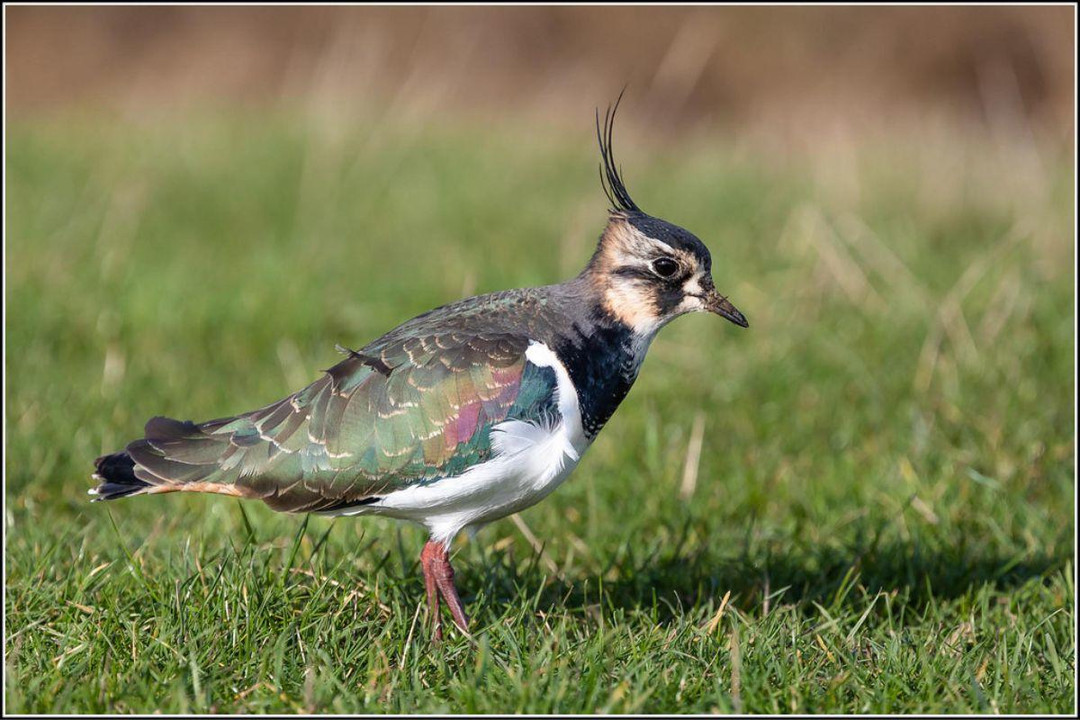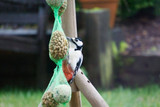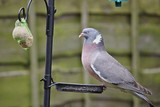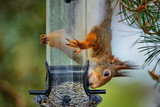Bird Flu Latest
There has recently been an update on the highly pathogenic avian influenza – which we commonly refer to as bird flu. This article shares the bird flu latest, what it is, how to minimise risks and how to protect the flying populations.
What Is Bird Flu
Bird flu is an infectious type of influenza A that spreads among birds. Transmission to human beings is usually rare and it usually affects wild birds. Bird flu is passed through direct contact with saliva, mucus, or faeces.
Although it is usually wild birds that are affected, domestic birds and poultry can too be contaminated with the virus, mostly from feeding alongside wild birds. Bird keepers and feeders are warned to stay highly vigilant and watch for signs of disease.
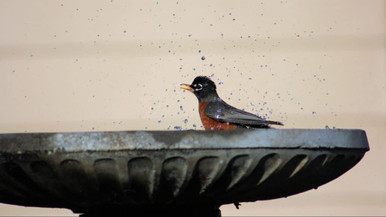
Latest Update On Bird Flu
As of 26th May 2022 – bird flu was confirmed in three premises within Suffolk, England.
In 2021, a small group of Russian people were contaminated and so it is undeniably important that we maintain biosecurity when feeding or looking after birds in order to protect them and ourselves. These three cases are part of the 98 confirmed cases in England.
The government notes, in these three cases, “Following successful completion of disease control activities and surveillance within the disease control zones surrounding these premises, the 3km Protection Zones have ended and the 10km Surveillance Zones have been revoked.”
Poultry and other captive birds now don’t need to be housed after the mandatory housing measures have been lifted – which could see a rise in bird flu.
How Does Bird Flu Affect Wild Birds?
There are a number of strains that can be deemed relatively harmless to wild birds, causing symptoms such as ruffled feathers or a decrease in laid eggs. However, some cases can cause severe symptoms and in some cases, can be fatal to wild birds.
In some extreme cases, it can infect the lungs and cause internal bleeding. It is usually more severe in domesticated birds and some strains; wild birds show little to no symptoms (this doesn’t apply to all strains).
You can read more about how bird flu is affecting wild birds here.
Should People Feeding Birds Be Concerned About Bird Flu?
By simply feeding birds in your garden, it is extremely unlikely that influenza will be transmitted to a person. However, it is important to maintain good hygiene for the sake of yourselves and other birds.
Bird flu is transmitted via direct contact with a contaminated bird’s mucus, saliva or faeces so for humans to stay safe when feeding birds, a) don’t touch this and b) wash your hands thoroughly before and after administrating the bird food.
It is important that humans don’t touch dead wild birds and instead, report them. Wild birds remain extremely important to us and so we encourage those to keep feeding wild birds despite the fear of bird flu whilst maintaining proper hygiene and safety.
How To Reduce Risks Of Bird Flu
As a general precaution, to prevent the transmission of bird flu, humans should avoid direct contact with wild birds, even if they look healthy. Maintain the cleanliness of bird feeders to avoid contaminating other wild birds or domesticated birds.
The best way to reduce the risk is to avoid the sources of exposure. Protective wear such as masks, gloves and eye protection are all advisable when coming into close contact with wild birds or unwell domesticated birds.
It is essential that if you have travelled from a country that has recently faced an outbreak of bird flu, you contact a doctor immediately.
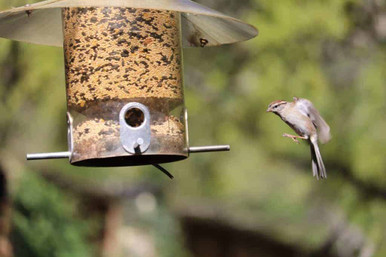
Should You Feed Wild Birds?
Feeding wild birds is essential for supporting and protecting the ever-growing population of birds. This is the case, now more than ever. With the rise of bird flu and the new strains causing sometimes fatal effects on wild birds, we must do our best to protect them.
Appropriate bird feed and clean bird feeders are key to ensuring healthy and protected wild birds.
Not only does it have a hugely beneficial effect on the birds, but it has also been proven that supporting the bird communities can have a huge advantageous effect on our mental health. Drawing many bird populations into your garden is always fascinating!
Feeding wild birds comes with many great benefits, it supports the birds, you and your garden!
Get In Touch
Want some advice on bird flu? Need expertise on how to continue feeding wild birds whilst avoiding bird flu? Our team of experts are happy to assist!
Call 01778 342665
Or email info@kennedywildbirdfood.co.uk
Explore Popular Articles
-
8 Easy Ways to Attract Woodpeckers to Your Garden
8th Apr 2024Woodpeckers are among the most interesting birds known for their drumming sound and bright colours.
-
How to Protect Your Bird Feeders from Pigeons ?
28th Mar 2024You must have noticed damaged feeding ports, hanging mechanisms, perches, lids and bottoms. Who coul
-
5 Foolproof Ways to Rat-Proof Your Bird Feeder
18th Mar 2024Building a bird-friendly environment is a delightful endeavour, but it involves the responsibility o

